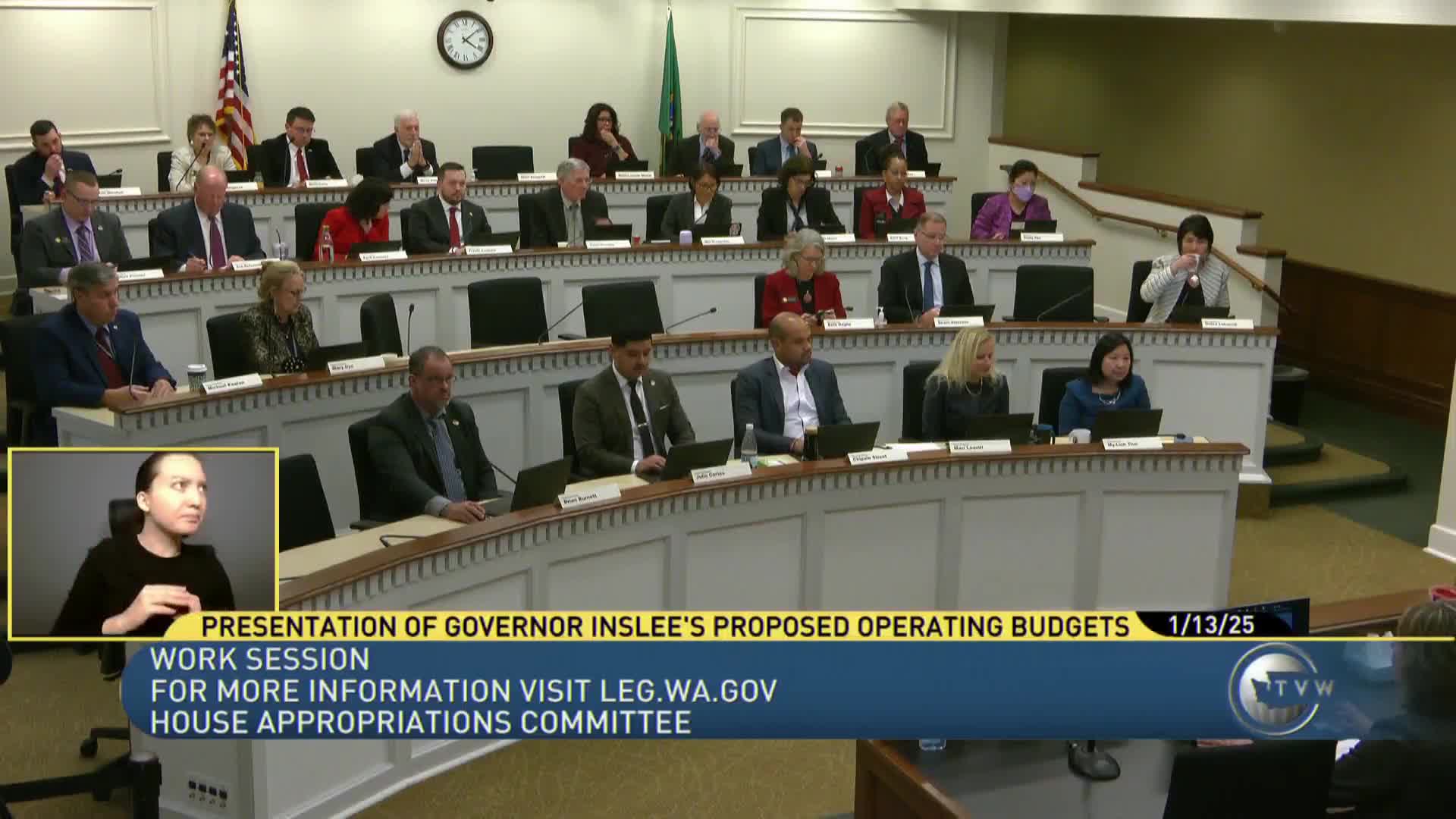Article not found
This article is no longer available. But don't worry—we've gathered other articles that discuss the same topic.
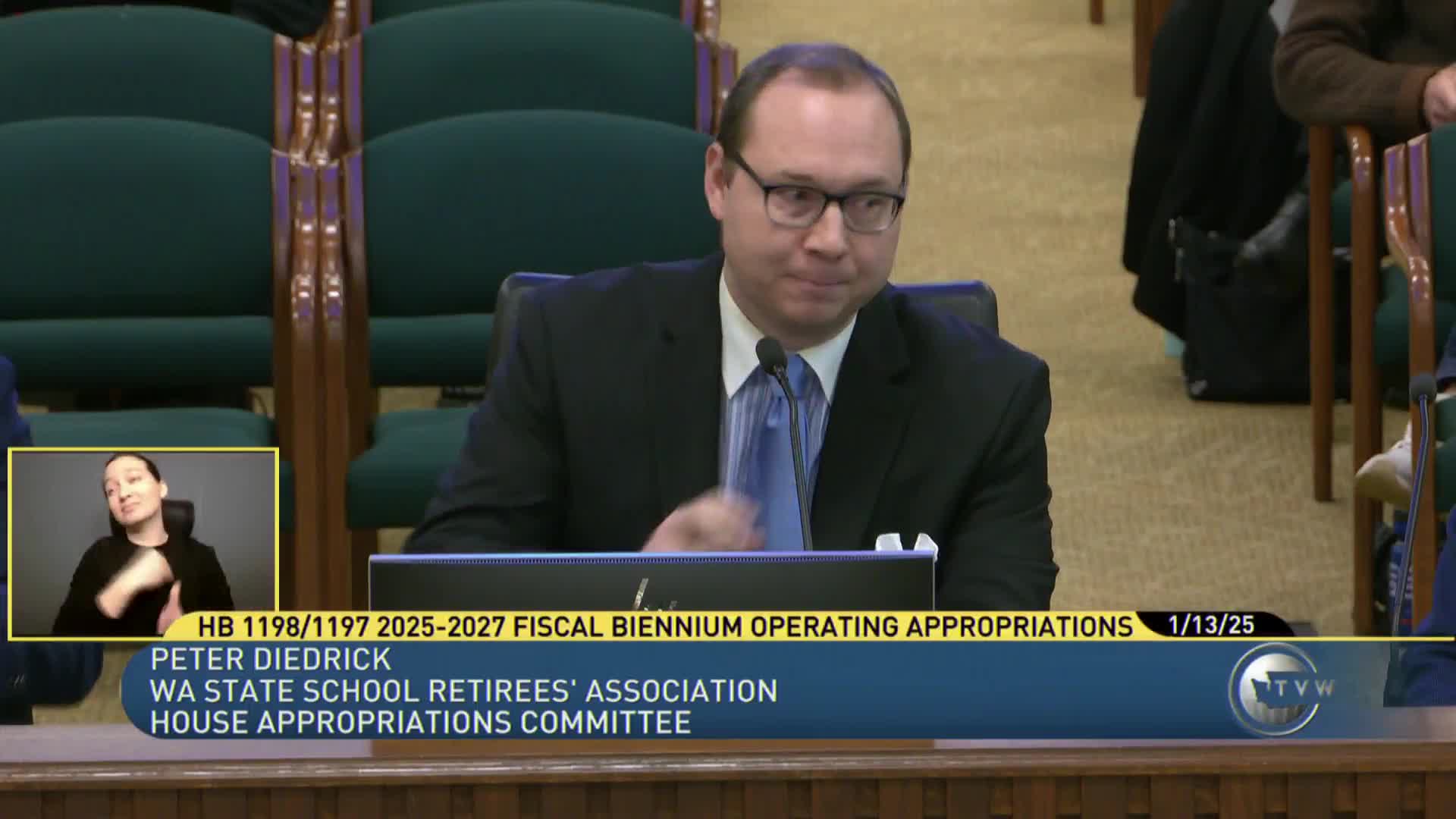
Public defense and court groups urge more funding to address appellate backlog and misdemeanor representation
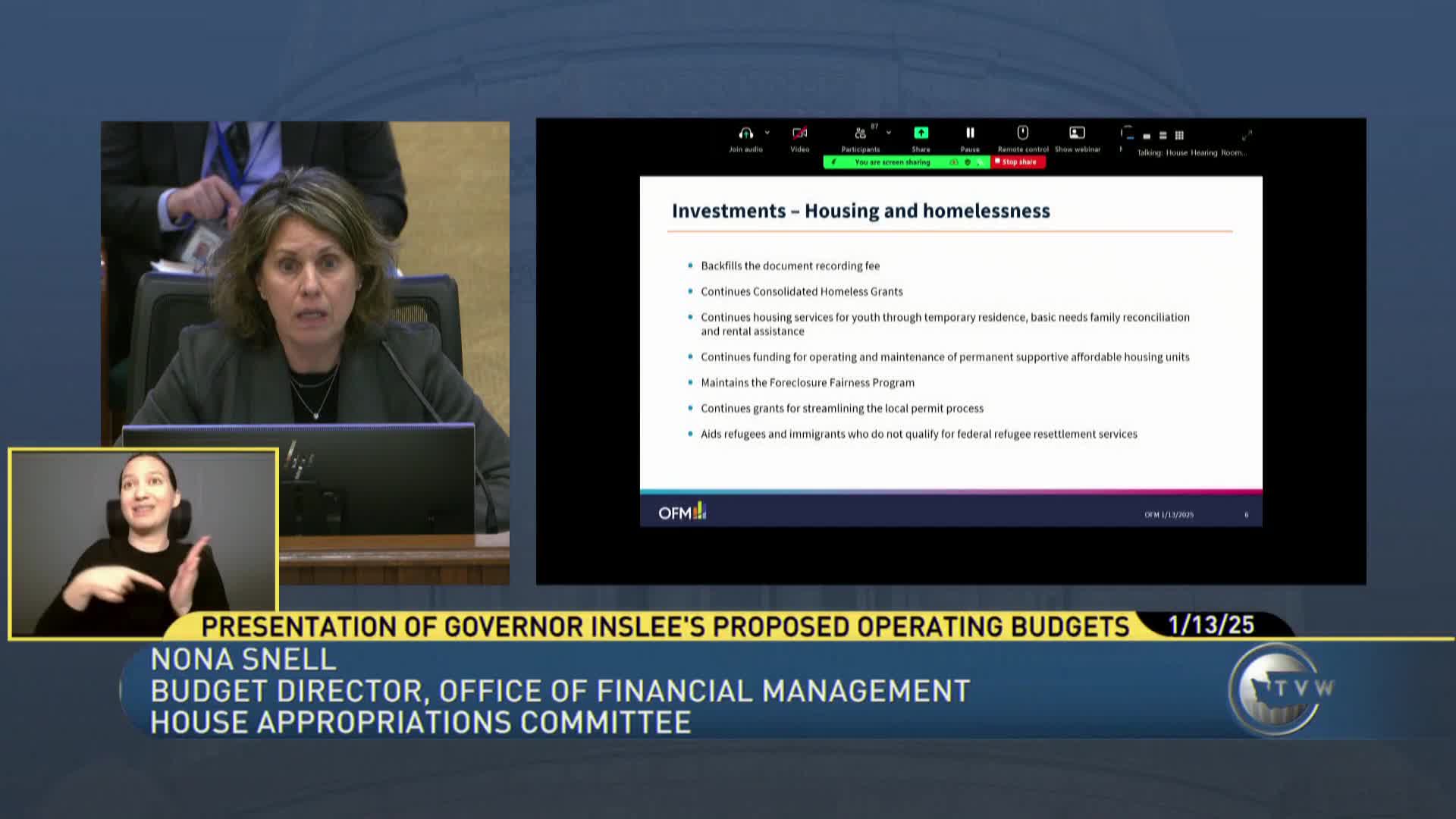
Housing and homelessness advocates urge full backfill of document‑recording fee and continued shelter funding
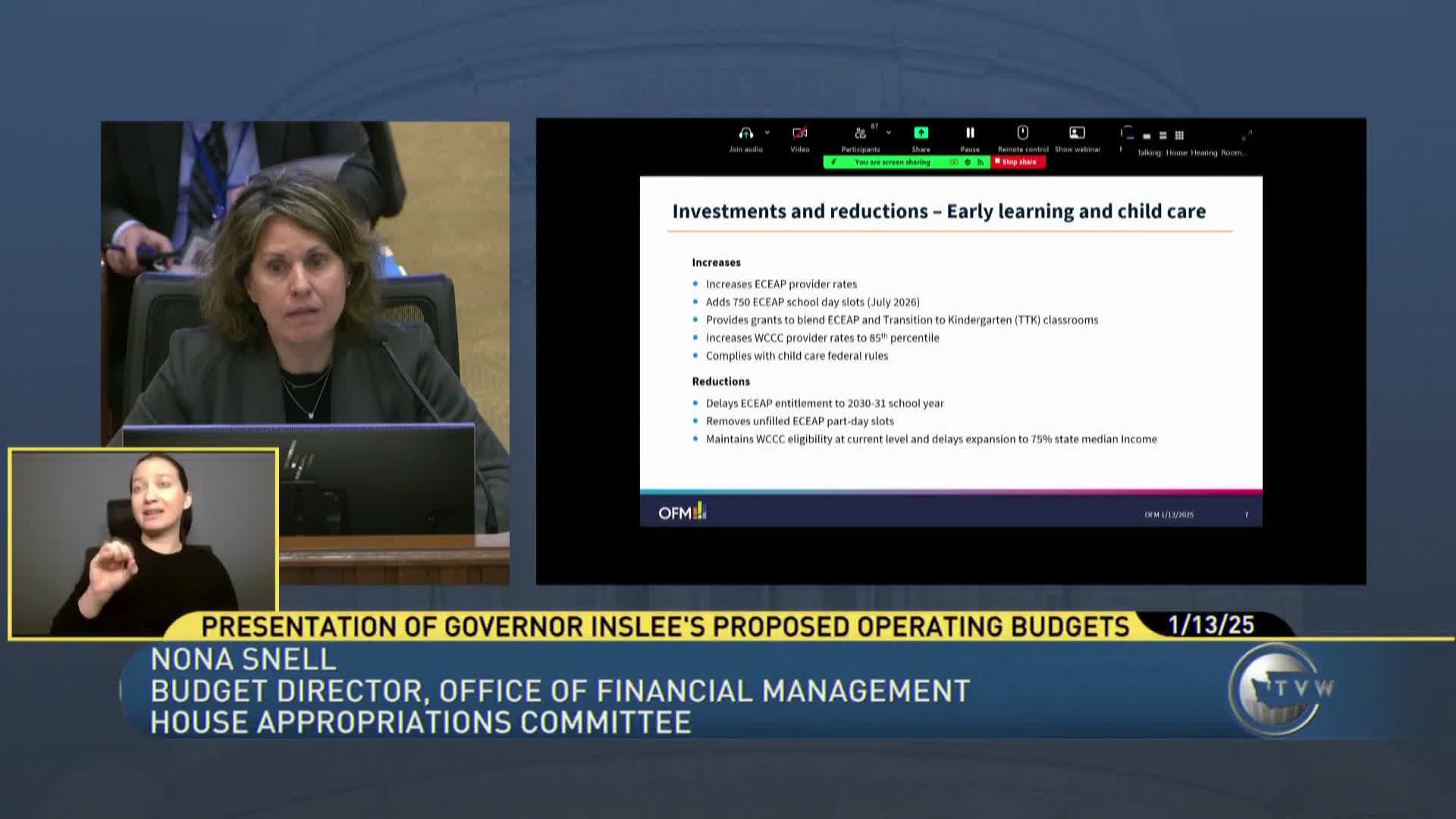
Education groups warn the budget falls short: K‑12 funding, 9th grade supports and ECAP concerns raised
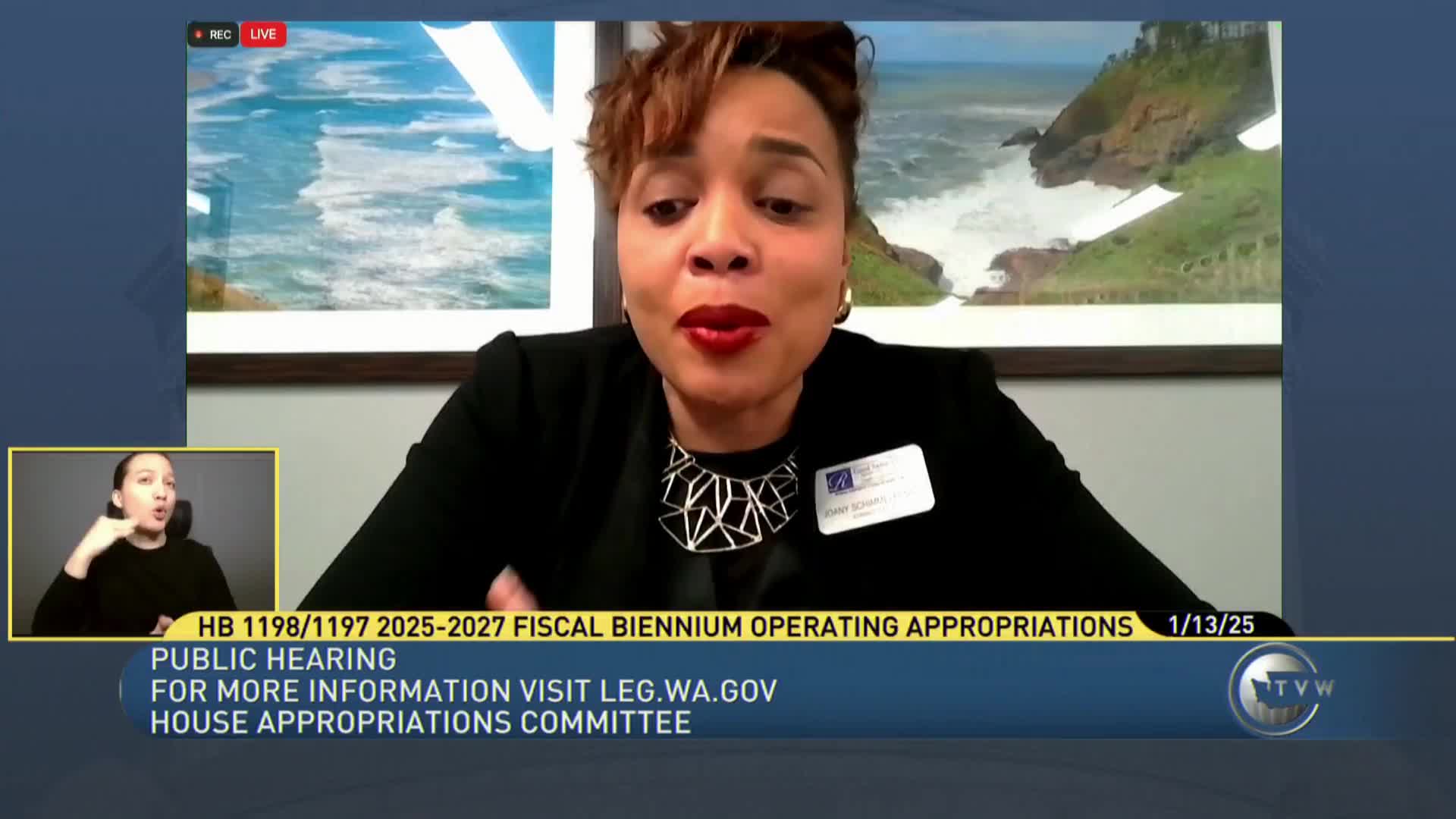
Nursing home administrators warn Inslee budget cuts would ‘‘jeopardize’’ care and admissions
